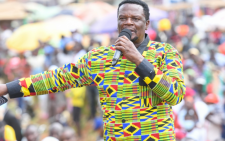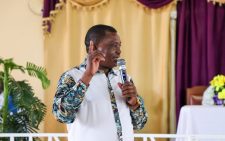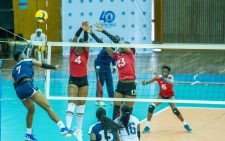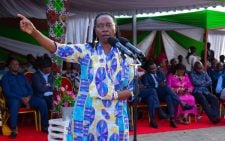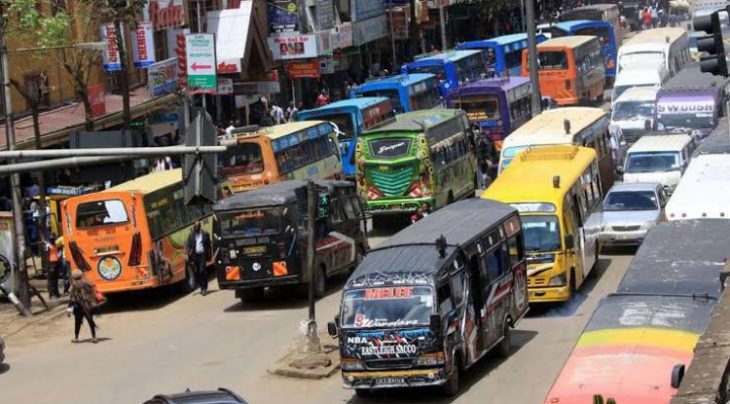Predetermined consensus smooths way for Ruto agenda
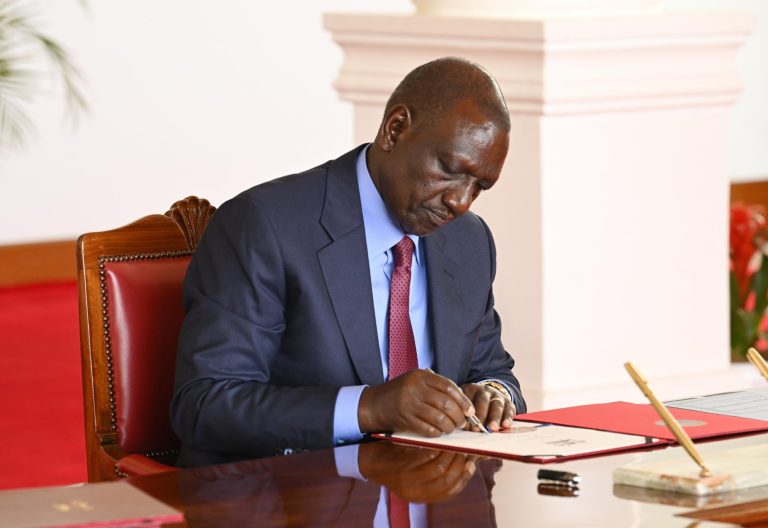
Political clout is very critical in any democracy. Clout earned from the electorate guarantees legitimacy, credibility and most importantly authority to decide what is right for the public. It is political gravitas that affords political movements the ability to galvanise the silent majority who get swayed by the bandwagon effect that political clout creates.
However, swaying the silent majority is a function of either status quo or some semblance of a shift in lifestyle for the better for a greater majority of the common citizenry. Today, we are confronted by what was once conceptualised as a mongrel of a government and dare I say of a political dispensation. It is not clear who is in government, who is pushing what policy and most importantly who is providing the much-needed oversight in the interest of the people.
In fact, in the last 14 months it has been hawk-eyed Kenyans with probably public interest and nothing else that have held the leadership accountable. Interestingly, it does appear that to deliver its agenda and push through what the President has touted as his transformative agenda that will and must work for Kenyans, he’s willing to pull all punches and have everyone contribute to a politically harmonious environment for broad-based delivery.
This is quite resolute given the acrimonious electioneering period leading up to the inception of this regime. Granted, it is bold of the KK regime to go in this direction. To rope in ODM and now follow the handshake in Ichaweri by bringing perceived allies of former President Uhuru Kenyatta into the government. Well, perceived because unlike the ODM case, none of these latest entrants belong to President Kenyatta’s Jubilee Party. But clearly, save for William Kabogo, who campaigned for this regime, the others were all in Azimio and with or without the blessings of Uhuru, the KK purveyors of government communication will bandy the expedient narratives to try and appease Mt Kenya and probably win the all-inclusive debate on perception.
Politically, the boldness of this regime, whether by design or default, is in how, in its quest to have their transformative agenda sail through, they have brought in a double-edged political clout on their side. The powerful triumvirate of President Ruto, Uhuru and Raila Odinga is now perceived as working together. This is supposed to quell any dissent or maybe ensure that on both the legislative and policy agenda there is what Herman and Chomsky call predetermined consensus.
You see, in the manufacture of consent this predetermined consensus is key in protecting the privileges of those in power, as anyone with an opposing view is ostracised by virtue of what is bandied as agreement by majority. In such an arrangement, policy that will need implementation will be agreed on easily and where such policies will require legislative underpinnings, predetermined consensus will be unleashed and where there are dissenting voices the flak machine (punishment for dissent) will be unleashed. Simply put, it is all systems go, and in the event of failure, the wrath of Wanjiku will be unleashed on the regime.
ODM and Azimio will probably have fallbacks, given that they have a foot in the government and in the opposition and times above numbers they have talked of seconding individuals who can be allowed to roast and fry and dry with KK. The net effect here is that the President has taken the bold step that denies even himself and his KK any advantage in the run-up to 2027, unless of course his transformative agenda transforms for the greater good of the majority poor. Going by the trends, it is increasingly clear that even the silent majorities in previous elections will be jolted to make their voices heard, not through politicians with clout perceived to be working with the regime, but directly through the vote in 2027.
— The writer is a PhD student in Political Communication
